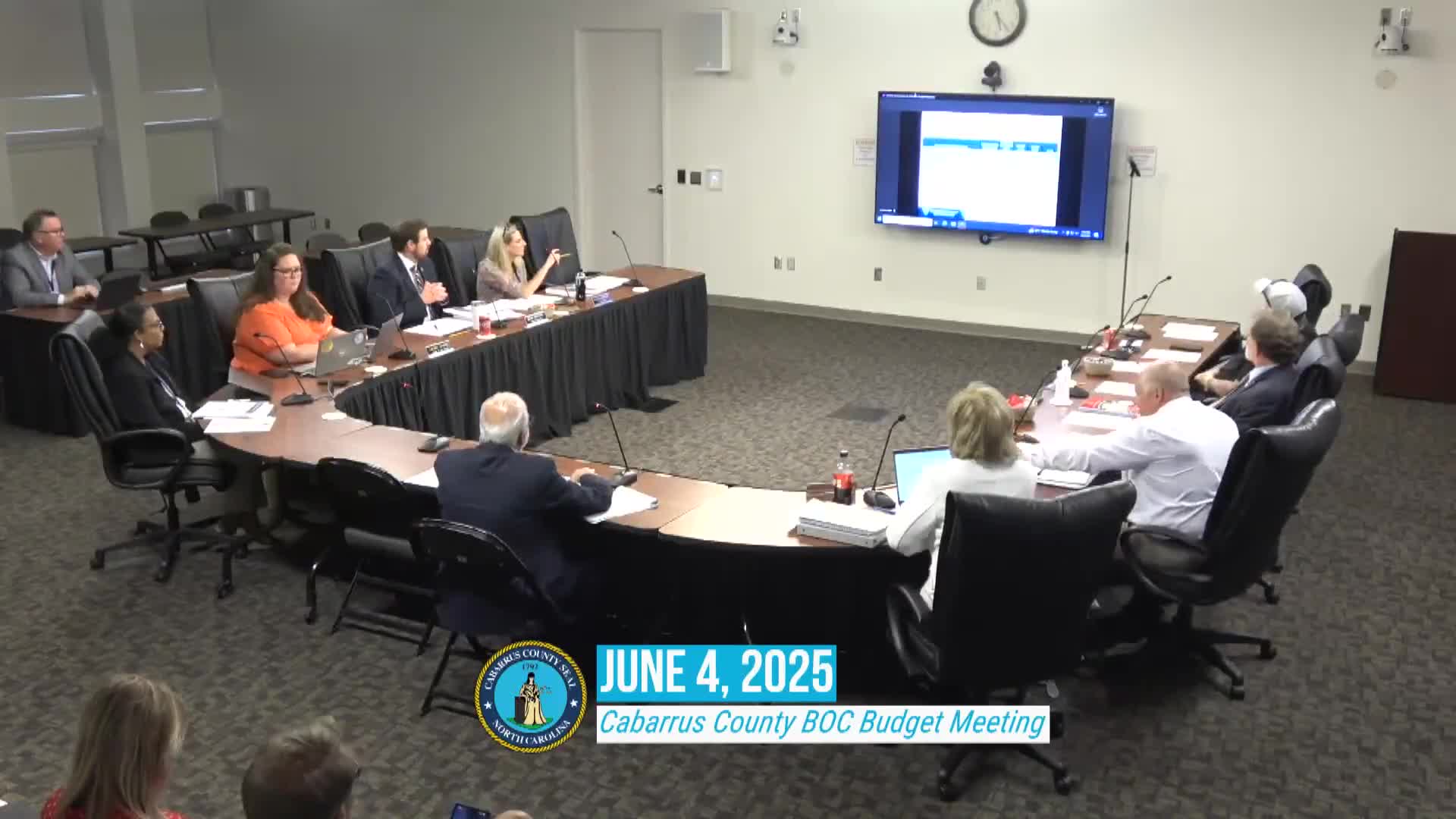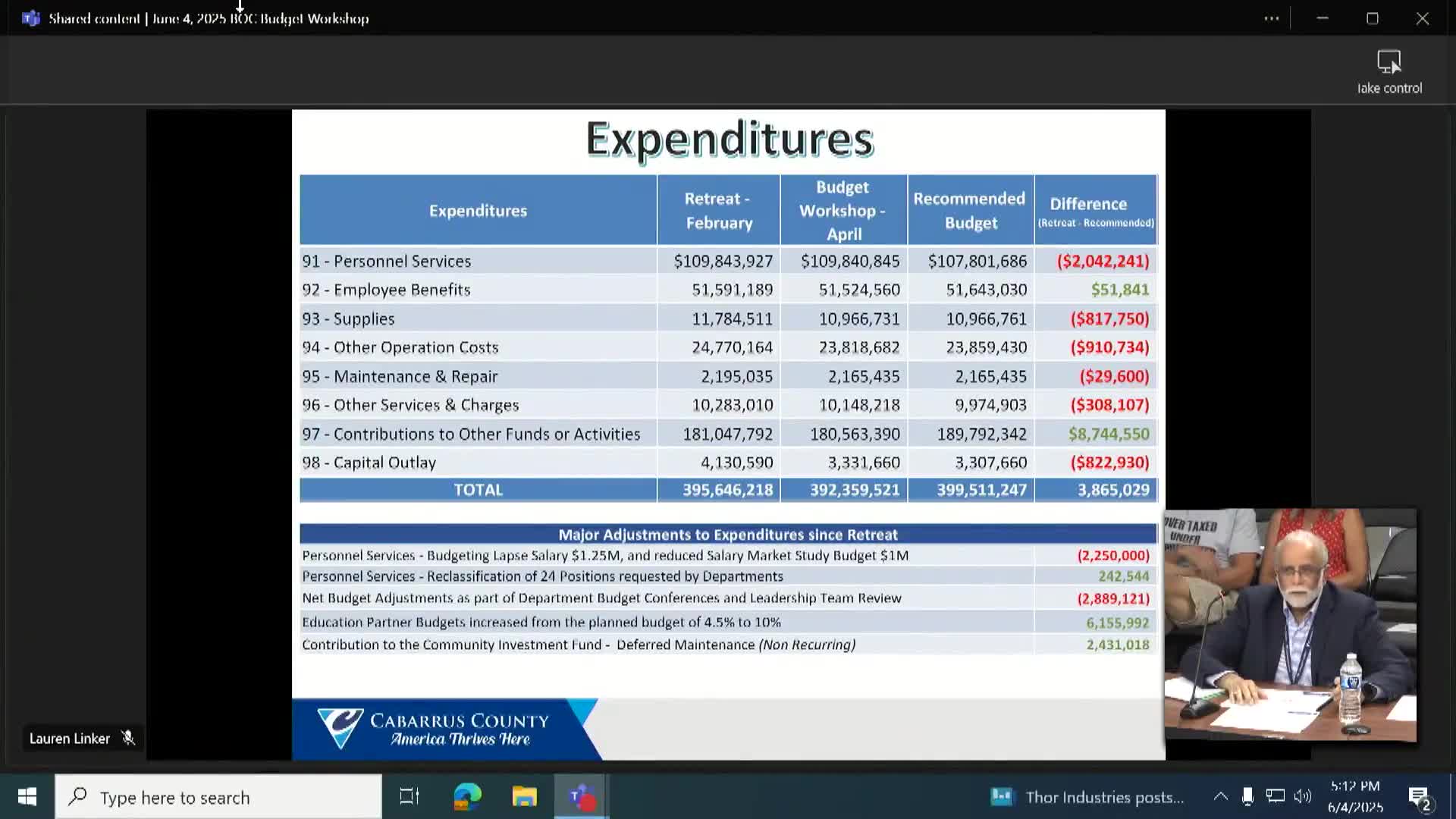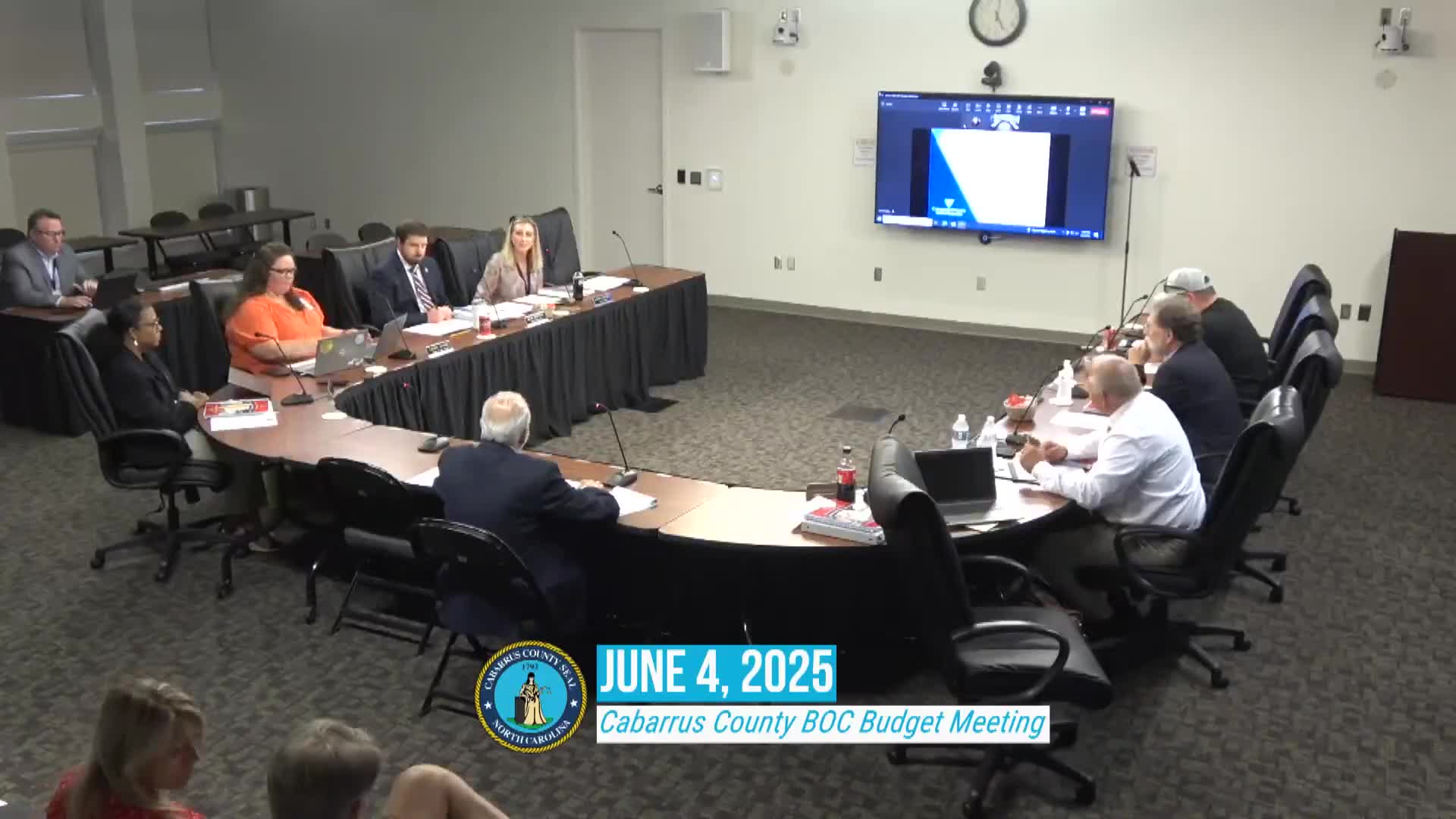Article not found
This article is no longer available. But don't worry—we've gathered other articles that discuss the same topic.

Commissioner proposes reassigning animal shelter design funds to teacher supplement; debate surfaces over economic incentives and EDC funding

Superintendent urges county to fund school operating request and new elementary school as commissioners debate teacher supplement

